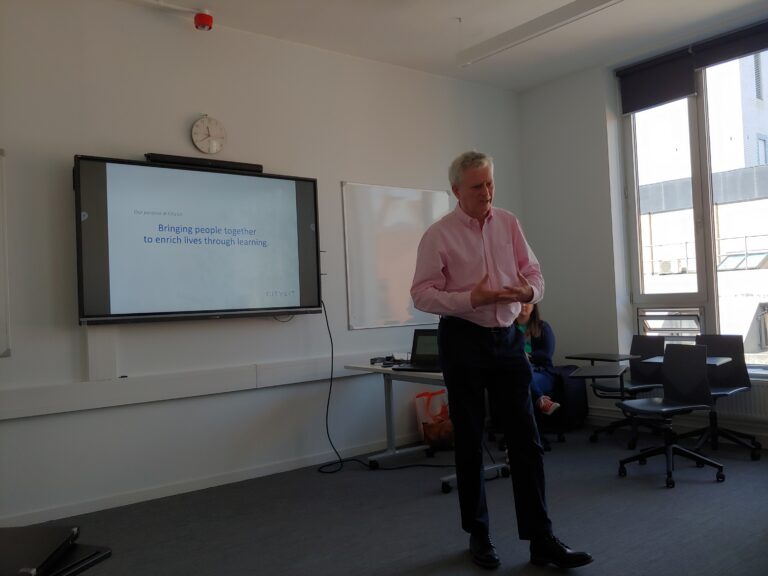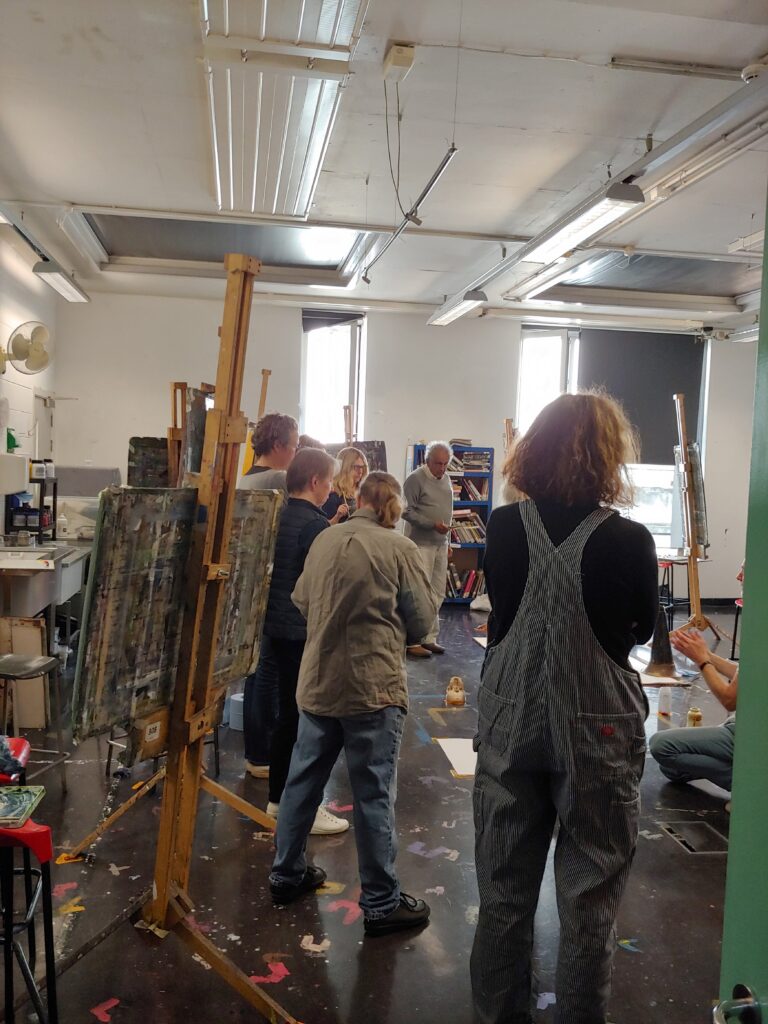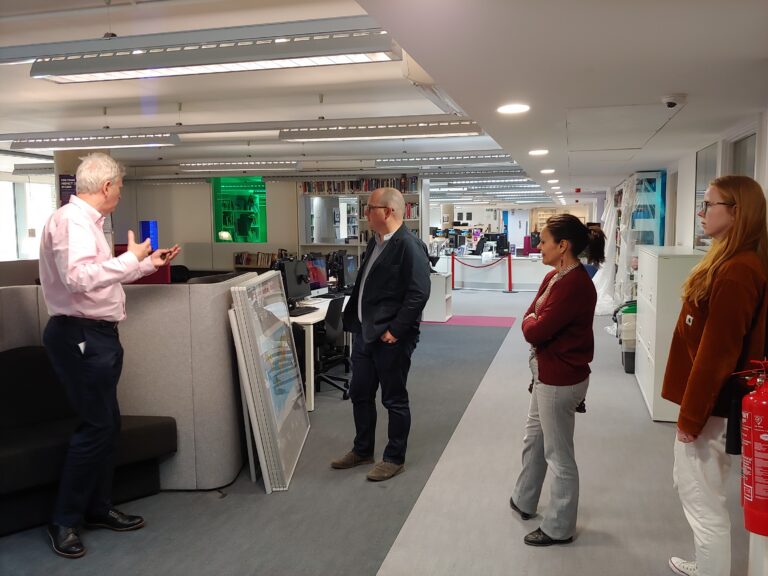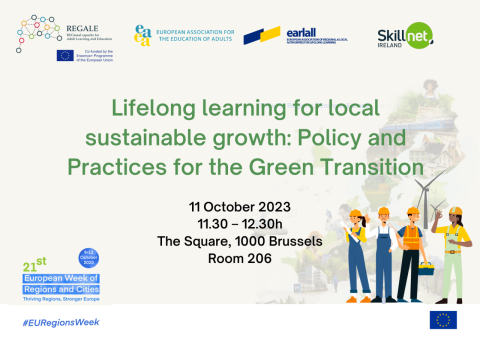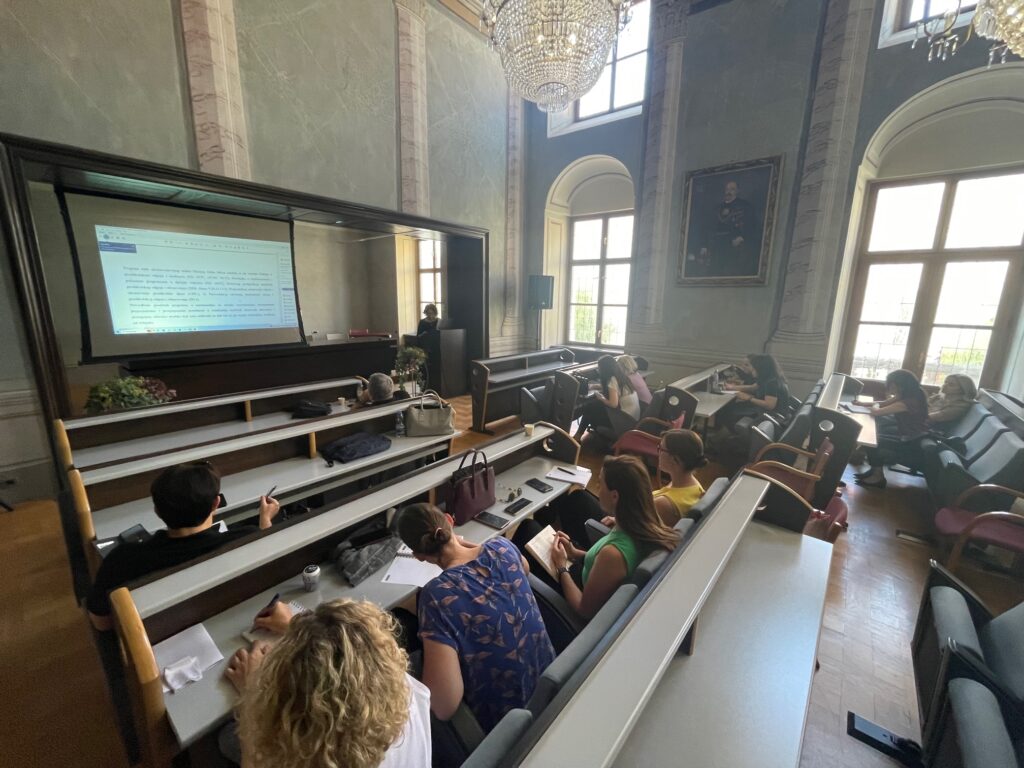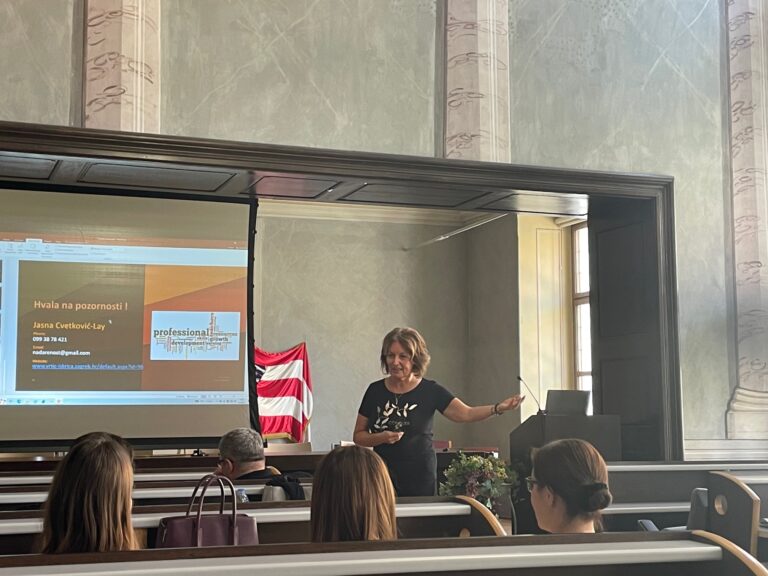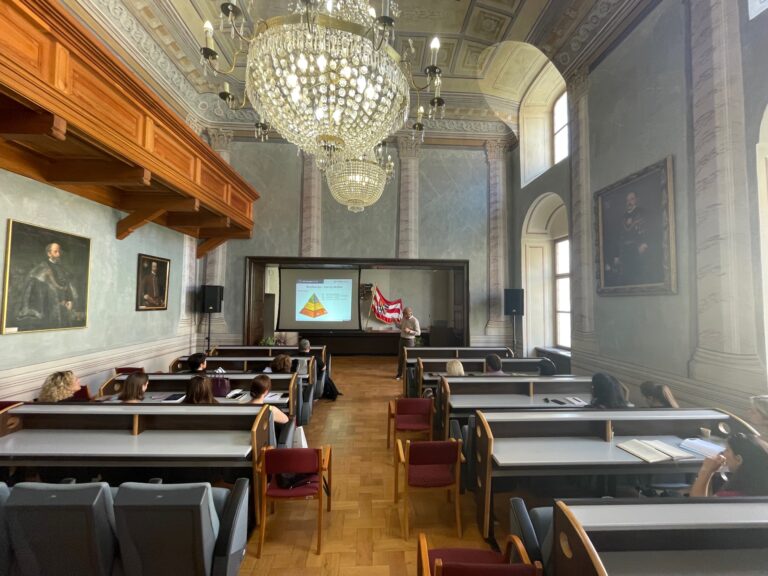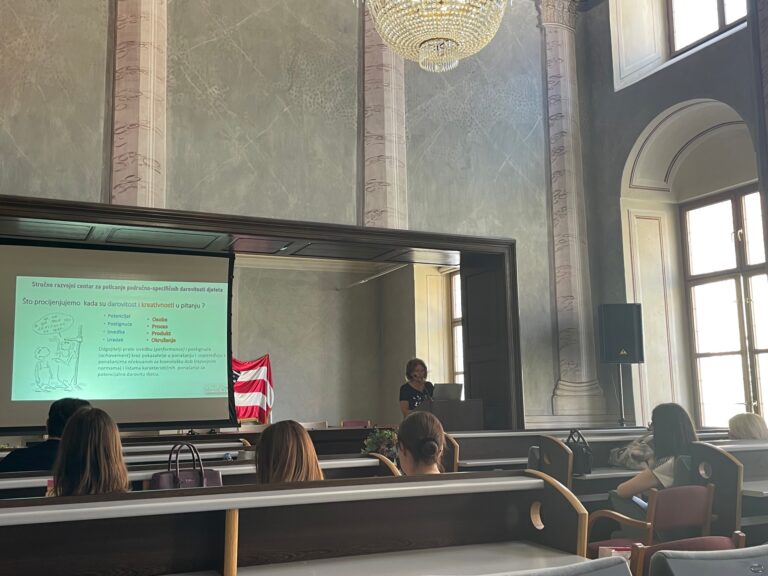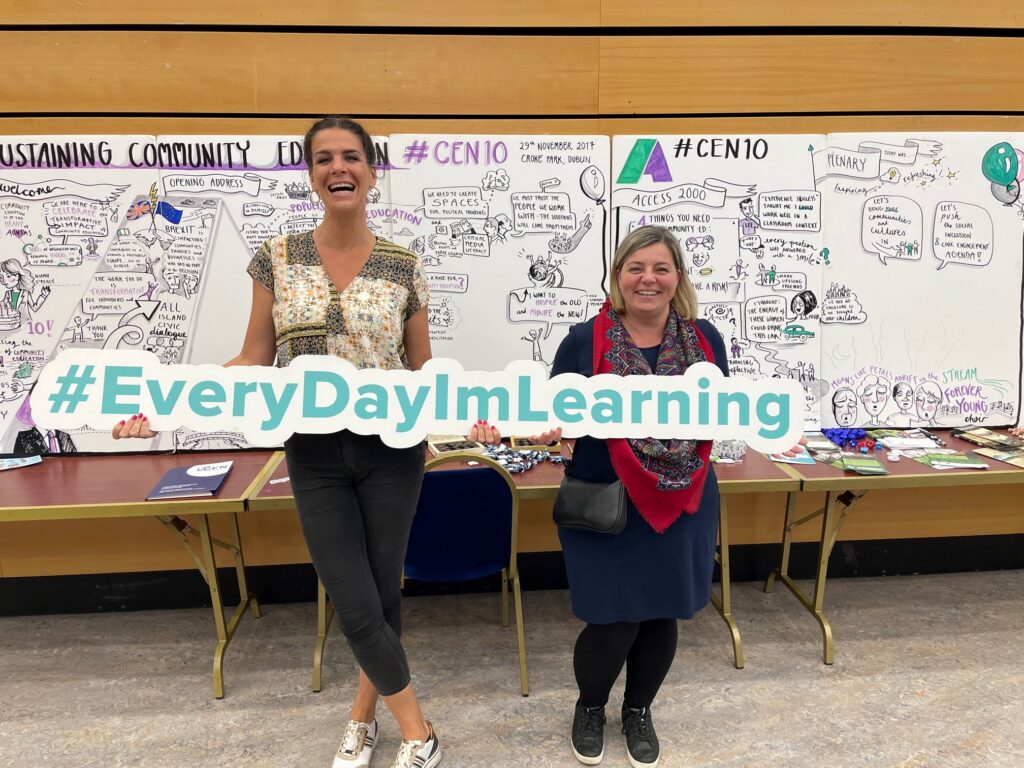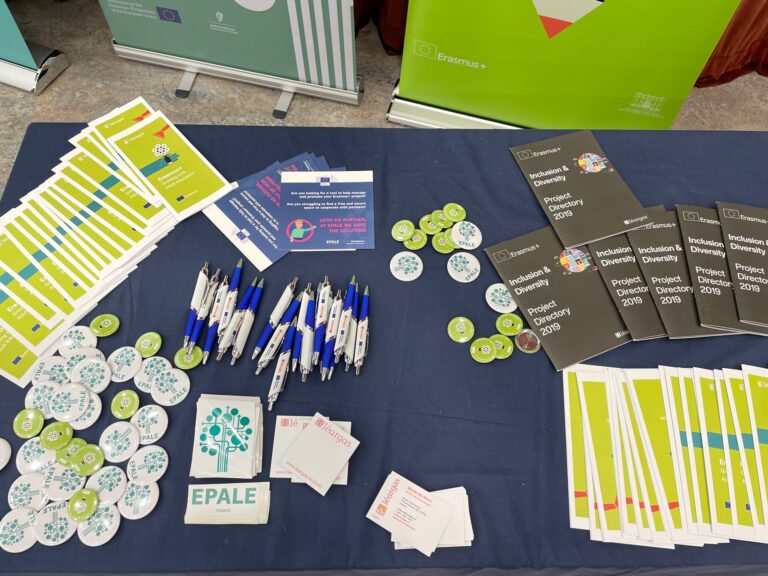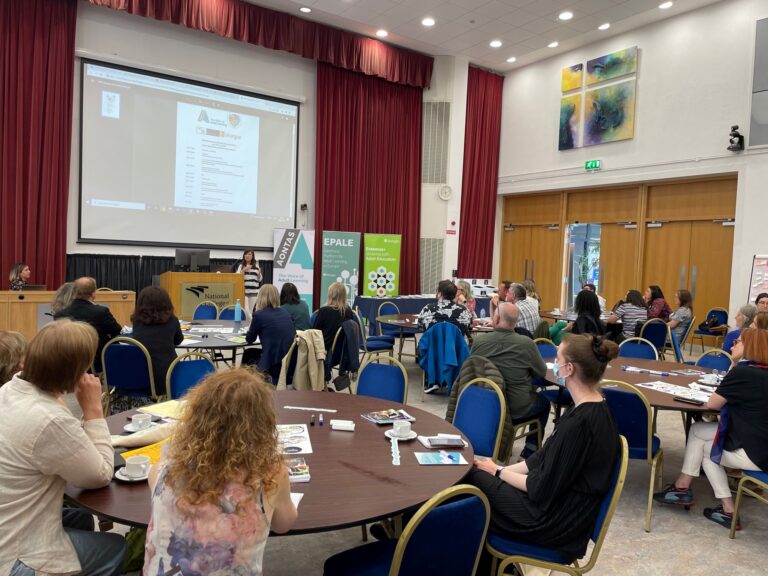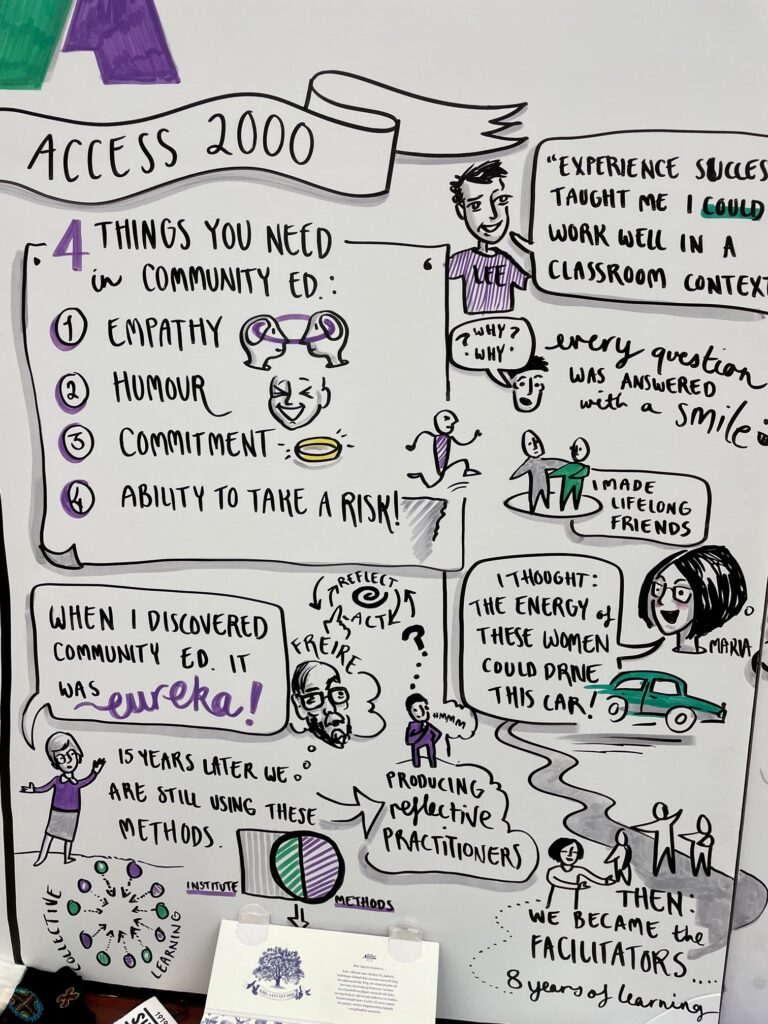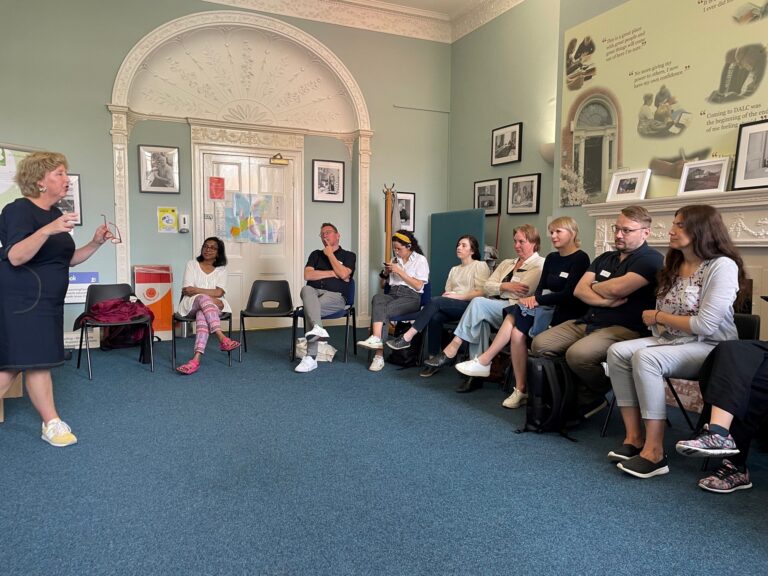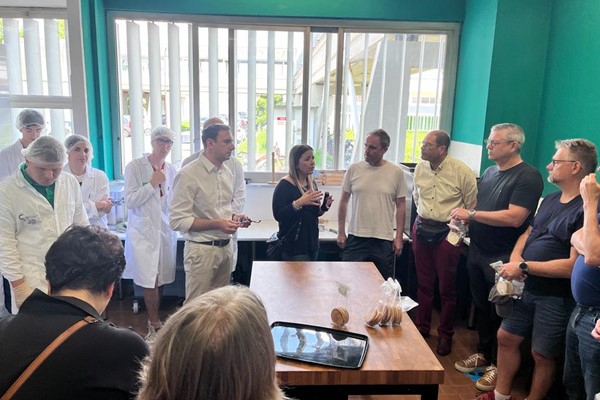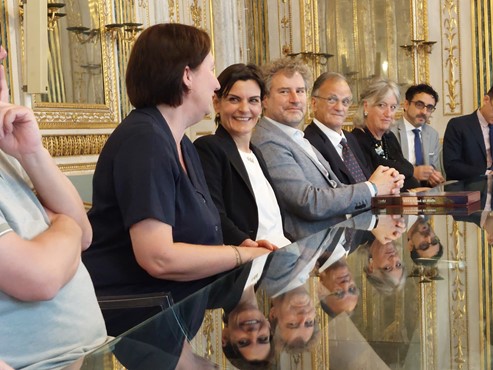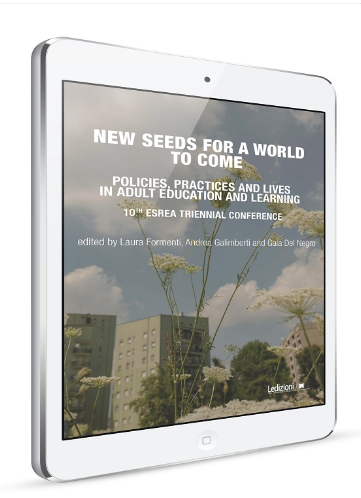RegALE Study Visit to London, May 2022: "Campaigning and Advocacy"
Co-written by Aslan Liivak, ENAEA, Estonia and L&W, the UK.
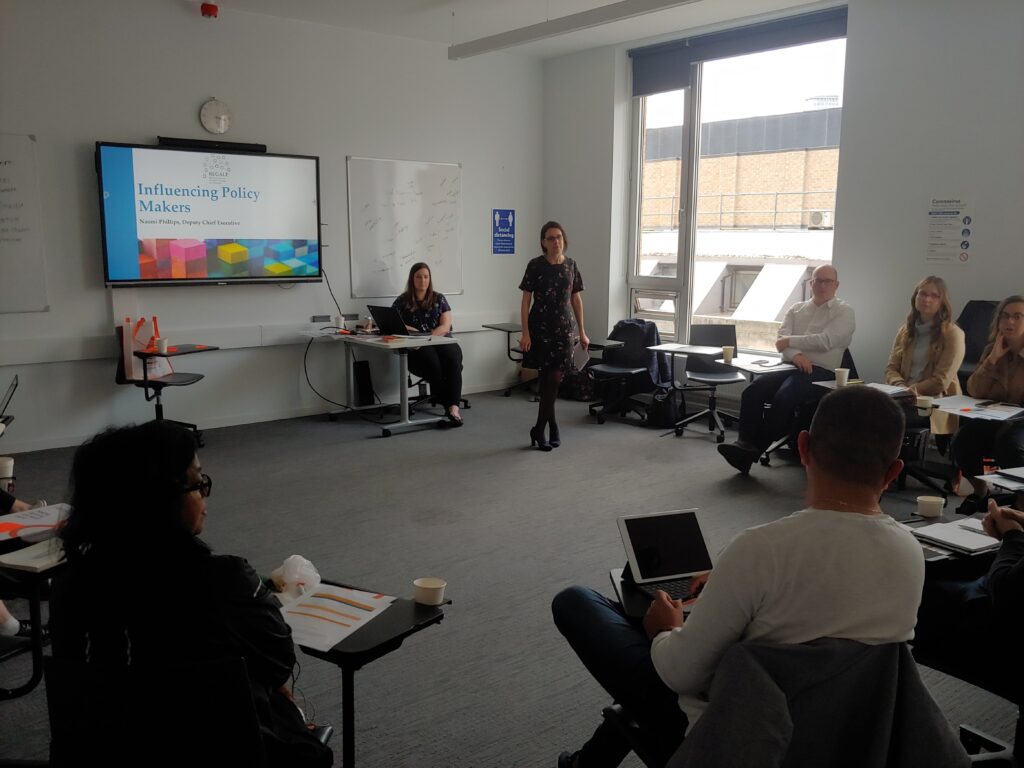
Campaigning and advocacy play crucial roles in promoting change, raising awareness, and advancing various social, political, and environmental causes. They are essential tools for individuals, organizations, and communities seeking to address important issues and influence decision-makers. Our study trip to London was focused on those very important issues from a practical point of view, starting from planning to actual hands-on tips when trying to engage with media. Our guides through these topics were Alex Stevenson and Sarah Perry, our hosts from RegALE’s UK partner Learning and Work Institute (L&W). The event took place at City Lit, a nationally leading provider of adult education based in London’s Covent Garden.
We started our first day with a seminar about campaigning, using L&W’s Festival of Learning and Adult Learners’ Week campaigns as case studies. Campaigning means to get the message out. To get the message out about lifelong learning, it is of utmost important to raise awareness. A good campaign on lifelong learning is also about making people to see their own potential. So, it is about the need for education that benefits learners and all of society.
Then we covered the advocacy part. This session was led by L&W’s Deputy Chief Executive, Naomi Phillips. Comparing advocacy and campaigning, advocacy is a long-term strategy and campaigning is a tactical step to fulfill that strategy. As with advocacy, campaigning is successful if it also has an impact on policymaking – changes in laws, regulations, and government policies.
The second day of the visit was about practical tips and ways to engage and work with the media. We had an interactive session with Shane Chowen, the editor of FE Week, a specialist newspaper which reports on adult education and the learning and skills sector. Also, we learned about the history and future of City Lit, including a tour around the City Lit building and facilities, guided by Mark Malcolmson, City Lit’s principal.
I have to give a shout out to London’s City Lit for providing an excellent venue, and the opportunity to see the ‘behind the scenes’ side of how City Lit operates. Also thanks to Alex and Sarah for this wonderful opportunity to learn from L&W’s experience. By the end of the visit, we got a lot of useful tips, spent time with a lot of great people and got to enjoy a bit of warm spring in London along the way.
